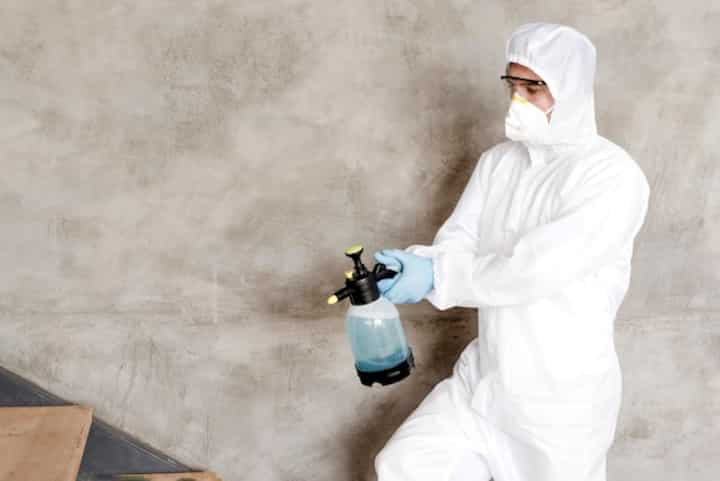
Expert Mold Inspection Essential Step Before Professional Mold Removal
Mold is a pervasive problem that can affect the structural integrity of a building and pose serious health risks to its occupants. Before diving into the process of mold removal, it is paramount to conduct a thorough mold inspection. This step is crucial in identifying the extent of mold contamination and ensuring that all affected areas are addressed during remediation. A professional mold inspection not only helps in identifying the type and source of mold but also provides a clear plan for effective removal. This article delves into why an expert mold inspection is an essential step before professional mold removal.
The Importance of Mold Inspection
Understanding the significance of a mold inspection is the first step toward effective mold management. Mold inspections are not just about identifying visible mold growth; they involve a comprehensive assessment of the entire property.
Identifying Hidden Mold
Mold can often grow in hidden areas such as inside walls, under carpets, or in attics and basements. A professional inspection can reveal these hidden growths that might otherwise go unnoticed until they cause significant damage. Without proper identification, these hidden mold colonies can continue to proliferate, exacerbating the problem.
Assessing the Extent of Infestation
A mold inspection provides a detailed understanding of the size and scope of the mold infestation. It includes identifying the type of mold present, which is crucial for determining the appropriate removal strategy. Some molds require specialized handling due to their toxic nature.
Components of a Professional Mold Inspection
An expert mold inspection involves multiple steps that collectively provide a comprehensive evaluation of the mold situation.
- Visual Inspection: A thorough visual assessment of the property to identify visible mold growth and conditions conducive to mold development.
- Moisture Mapping: Using tools such as infrared cameras and moisture meters to detect moisture levels in building materials. Mold thrives in moisture-rich environments, making this an essential part of the inspection.
- Air Quality Testing: Sampling the air to detect mold spores and assess indoor air quality. This helps in determining the severity of mold contamination.
- Surface Sampling: Collecting samples from surfaces to identify the type of mold present. This can guide the remediation process by targeting specific mold species.
Read more about this topic and how it impacts mold removal strategies here.
Benefits of Professional Mold Inspection Before Removal
The benefits of conducting a mold inspection before removal are manifold. It ensures that the subsequent remediation is both effective and comprehensive.
Targeted Remediation
With a detailed inspection report, mold removal can be precisely targeted to affected areas. This prevents unnecessary work and ensures that no mold is left behind. Explore further insights here.
Cost Efficiency
By identifying the exact locations and extent of mold, property owners can avoid the costs associated with unnecessary repairs or treatments. This targeted approach saves time and resources, making mold remediation more cost-effective.
Prevention of Future Growth
An inspection not only addresses current mold issues but also identifies potential future risk areas. By understanding the sources of moisture and other contributing factors, preventive measures can be implemented to reduce the likelihood of future mold problems.
Learn more in this detailed guide about preventing mold reoccurrence here.
Conclusion
In conclusion, an expert mold inspection is an indispensable step before embarking on mold removal. It ensures a thorough and effective remediation process, minimizing health risks and structural damage. By identifying the type, extent, and source of mold, inspections lay the groundwork for successful mold management strategies. Property owners and managers are encouraged to seek professional mold inspection services to safeguard their buildings and the health of their occupants. Find additional information here to understand the full spectrum of benefits that professional mold inspections offer.